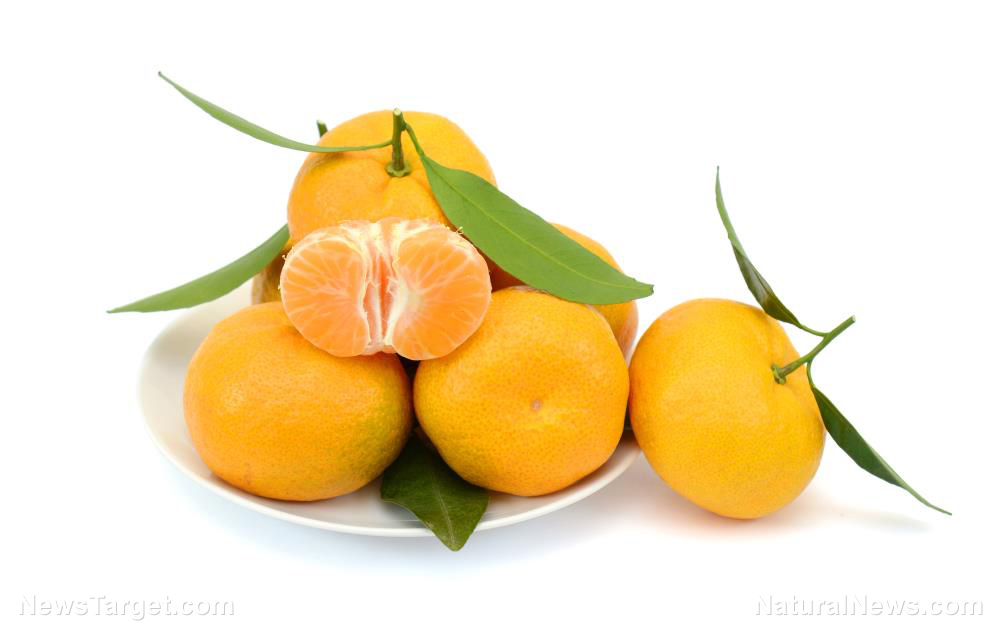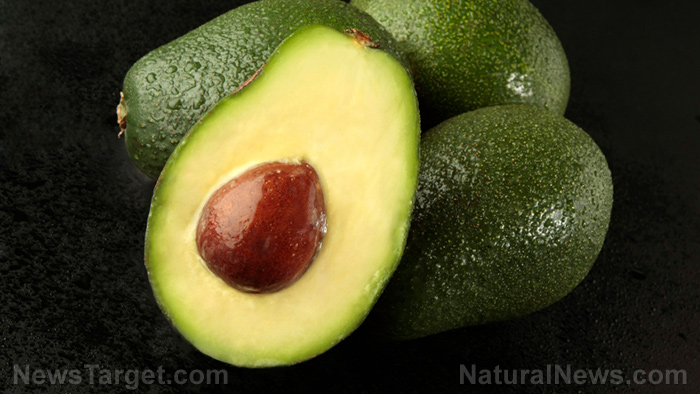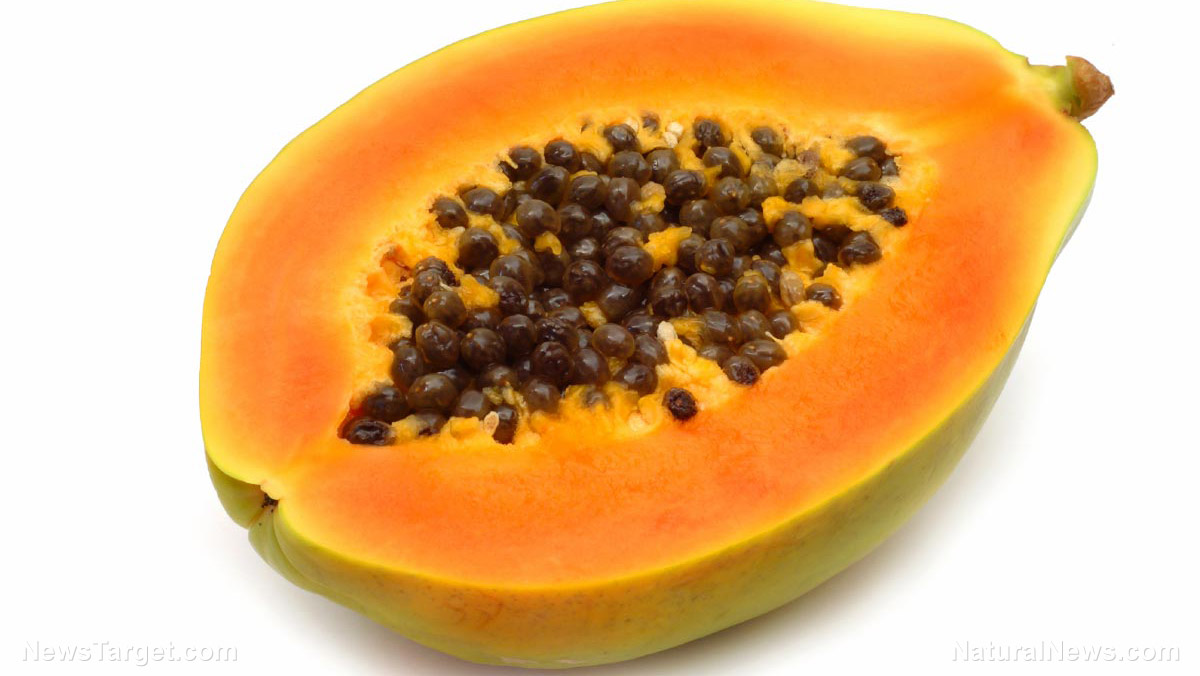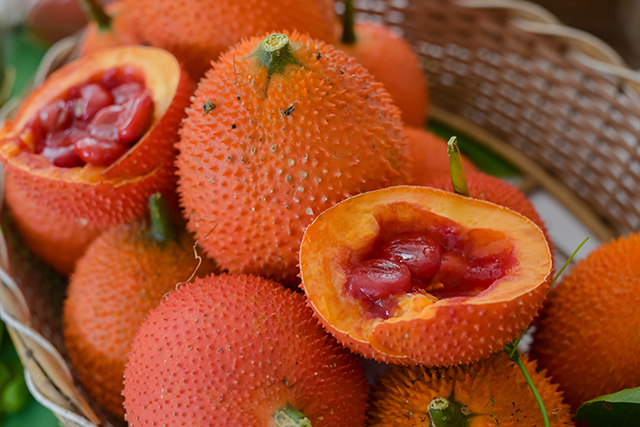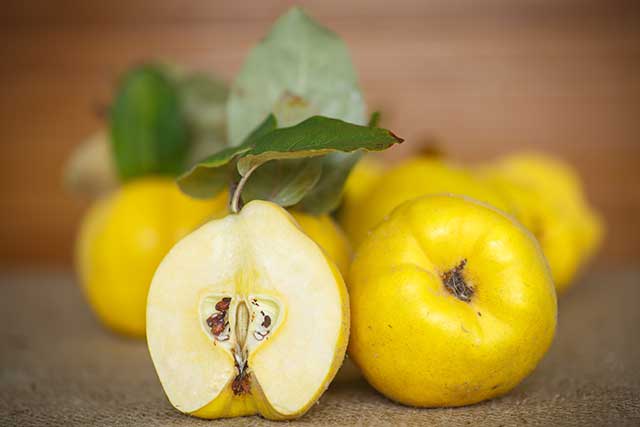Pears – sources, health benefits, nutrients, uses and constituents at NaturalPedia.com
06/23/2017 / By Tim Wesley
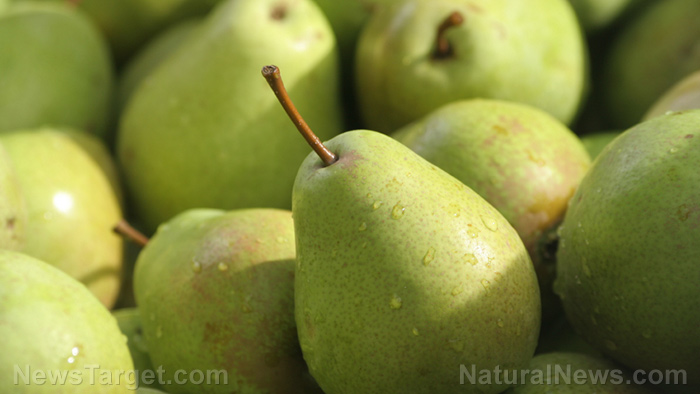
Pears are sweet and delicious. They’re like a fusion of apples and peach — crunchy and sweet — and very popular to a lot of people because of their taste and nutrient content. These are average-sized trees found in semi-tropical regions in the northern hemisphere, that bear medium-sized fruits with some small seeds at the center. Pears belong to the same family as apples, medlars, loquats, and quince.
Pears are characterized by a crunchy flesh with a firm consistency. These are ideal for storage because their texture doesn’t change; they are always ready-to-eat. They have a bell-shaped form and are around five to six inches long.
List of known nutrients
- Boron
- Calcium
- Copper
- Fiber
- Folates
- Iodine
- Magnesium
- Manganese
- Niacin
- Pantothenic acid
- Pectin
- Phosphorus
- Potassium
- Protein
- Pyridoxine
- Riboflavin
- Sodium
- Sulfur
- Thiamin
- Vitamin A
- Vitamin B2
- Vitamin C
- Vitamin E
- Zinc
Medicinal uses for pears
Pears have the potential to thwart the development of certain cancers. The fiber present in the fruit can help stave off colorectal cancer. Fiber wraps around the toxins to keep them from getting in contact with the mucous membrane in the gut. Similarly, the phytonutrients present in pears can help you lower the risk of stomach cancer.
The high-fiber content does a lot of wonders for the body as well. For one, it can protect you against heart diseases and type-2 diabetes. It’s also helpful to people who suffer from diverticulitis, a condition where the linings of the large intestine become infected or inflamed. It has been found that high-fiber diets are effective in decreasing the frequency of diverticulitis. Eating enough pears will also help make your bowel movement easier and keep the colon inflammation-free. At the same time, you’ll be able to watch your weight more effectively. Increased fiber intake will help you feel full longer. You’ll also have a lower risk of diabetes and maintain a more stable blood sugar level.
Recent studies have shown that dietary fiber does a lot in keeping the immune system strong. It can regulate inflammation better so you can prevent diseases like cancer, obesity, diabetes, and cardiovascular disease. In fact, you can reduce the levels of low-density lipoprotein (bad cholesterol) even with just 10 grams of fiber each day.
Pears are also rich in boron, a nutrient that helps the body absorb calcium more effectively. With enough boron in your diet, you can keep bones healthy and stave off osteoporosis. Pears can also aid in maintaining the right pH balance in the body to keep you from getting sick.
Body systems supported by pears
Pears can help you look and feel good. Their moisturizing properties can keep your hair shiny, healthy, and strong. They’re also beneficial to the skin. Pears contain natural enzymes that function as an effective natural scrub. You don’t have to worry about acne and oily or dry skin.
Throat problems are common during specific times of the year. For these, you can always stock up on pears. Pears are also good for the heart, stomach, and bones.
In addition, pears can prevent gall bladder problems, gout, and colitis. On days when you’re feeling lethargic, one pear is enough to give you an energy boost. And since these are less likely to cause allergic reactions, pears are one of the few fruits that are safe for kids.
Ways to use pears
Pears can be transformed into anything you want. There are tons of pear recipes you can follow to have stuff like salads, grilled cheese, pancakes, and cheese cakes. Here are some of them.
Where to learn more
- A Pear & Cucumber & Ginger Detox Drink for Body Cleansing
- 9 Amazing Benefits of Pear Fruit & its Nutritional Value
- A Good Drink For Flu Season: Soothing Pear and Ginger Juice For Sore Throat
- Good Reasons Why You Need to Include Pears Into Your Daily Routine
- The pear truth: 7 reasons to eat more pears
Summary
Pears can make your hair and skin beautiful and healthy.
Pears can help prevent colon cancer.
Pears can give you an energy boost.
Pears can help prevent type-2 diabetes.
Pears can lower cholesterol levels and reduce risks of heart diseases.
Pears fortify the body’s defenses against diseases.
Sources include:
Tagged Under: Pears





